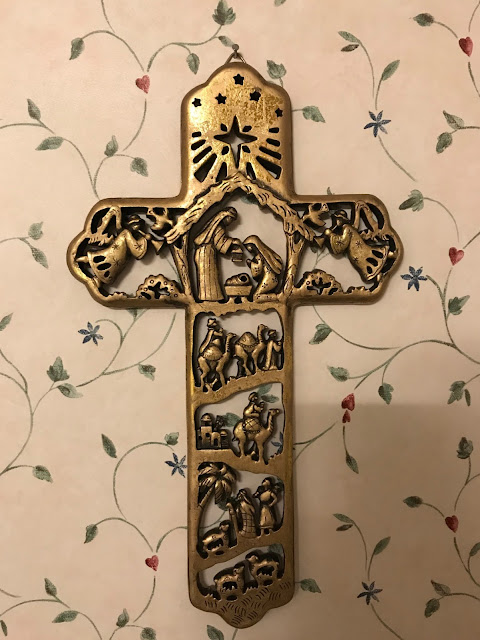Small, hard-working, and energetic, John Wesley was a lot like a bee; he selectively sampled different theological "flowers" to extract the best nectar which he then combined to produce his own brand of golden theological honey. (If anyone reading this is an expert on beekeeping, please excuse any errors in apiculture and just go with my metaphor. Likewise, if you are of a different theological bent, if you think Wesley's efforts were pure dross, keep that to yourself.)
In 1753, as one of the volumes of his Christian Library, Wesley re-published Richard Alleine's Vindiciae Pietatis, aka A Vindication of Godliness in the Greater Strictness and Spirituality of It. Alleine was a Puritan whose Vindiciae was first published in 1660 without the permission of the archbishop which therefore led to it being ordered destroyed or "bisked" with a brush liberally dipped in ink. Needless to say, this censorship would have insured its popularity even if it had not been a book of great spiritual power, as did Wesley's re-publication of it and his appropriation of Alleine's Covenant Prayer for his renewal services. On Monday, August 11, 1755, Wesley used one chapter of Alleine's book during what appears to have been the first celebration of the Covenant Service at a chapel in Spitalfields, London.
Finding great meaning in the service, Wesley celebrated it almost everywhere he traveled, necessarily meaning that its observance fell at different times of the year. In London, however, these services were usually held on New Year's Day since the holiday occurred during the time when Wesley was nearly always in residence there. These came to be known as Watch Night Services, typically lasting three or more hours with scripture and singing interspersed, marking a commitment to deeper faith during the coming year by means of prayer and repentance. Wesley's spiritual descendants continue to celebrate these Watch Night/Covenant Services, especially in the UK, while his adaptation of Alleine's Covenant Prayer is perhaps more widely used for personal devotions in the US as in Steven Manskar's A Disciple's Journal.
The order for the Covenant Service in the United Methodist Book of Worship utilizes the words of Wesley's original liturgy, slightly updated, and calls upon worshipers to commit themselves to Christ as his servants, recognizing that some types of service are "more easy and honorable" while others are "more difficult and disgraceful." Because, Wesley says, sometimes we can only please Christ by denying ourselves, we will find that some of those services are "suitable to our inclinations and interests" and that "others are contrary to both." Uncompromisingly, Wesley states that "Christ will have no servants except by consent; Christ will not accept anything except full consent to all that he requires. Christ will be all in all, or he will be nothing."
The traditional form of the prayer that has come to be known as the Covenant Prayer in the Wesleyan Tradition is as follows:
I am no longer my own, but thine.
Put me to what thou wilt, rank me with whom thou wilt.
Put me to doing, put me to suffering.
Let me be employed for thee or laid aside for thee,
exalted for thee or brought low for thee.
Let me be full, let me be empty.
Let me have all things, let me have nothing.
I freely and heartily yield all things to thy pleasure and disposal.
And now, O glorious and blessed God, Father, Son and Holy Spirit,
thou art mine, and I am thine.
So be it.
And the covenant which I have made on earth,
let it be ratified in heaven.
Amen.
At this time of year, maybe you are accustomed to making some sort of resolution to lose weight, stop smoking, start exercising, or spend less time on your smartphone. That's not a bad start; however, this year, I invite you to spend some time deep in meditation and prayer, asking yourself how you can give more of yourself to Christ. What might you need to give up/deny yourself in order to follow him more nearly? What might you need to begin to practice as a way of being formed more in his image of holiness? Praying the Covenant Prayer is a part of my daily devotional life at least once a day, and while I am by no means as holy as I one day hope to be by the power of the Holy Spirit, I believe that its words are making a home within my heart, guiding me to examine my inner and outer life more closely as I recommit myself to the Christ whose birth we now celebrate and whose walk we claim to emulate. Will you do the same?












